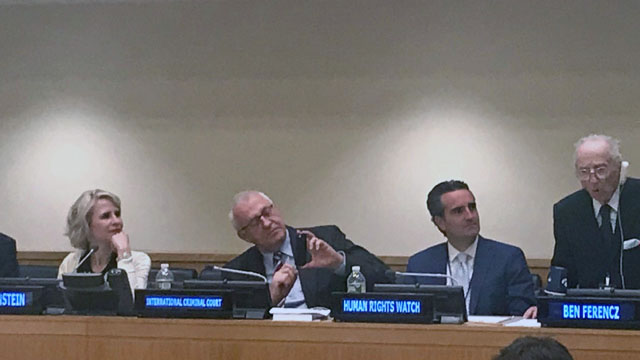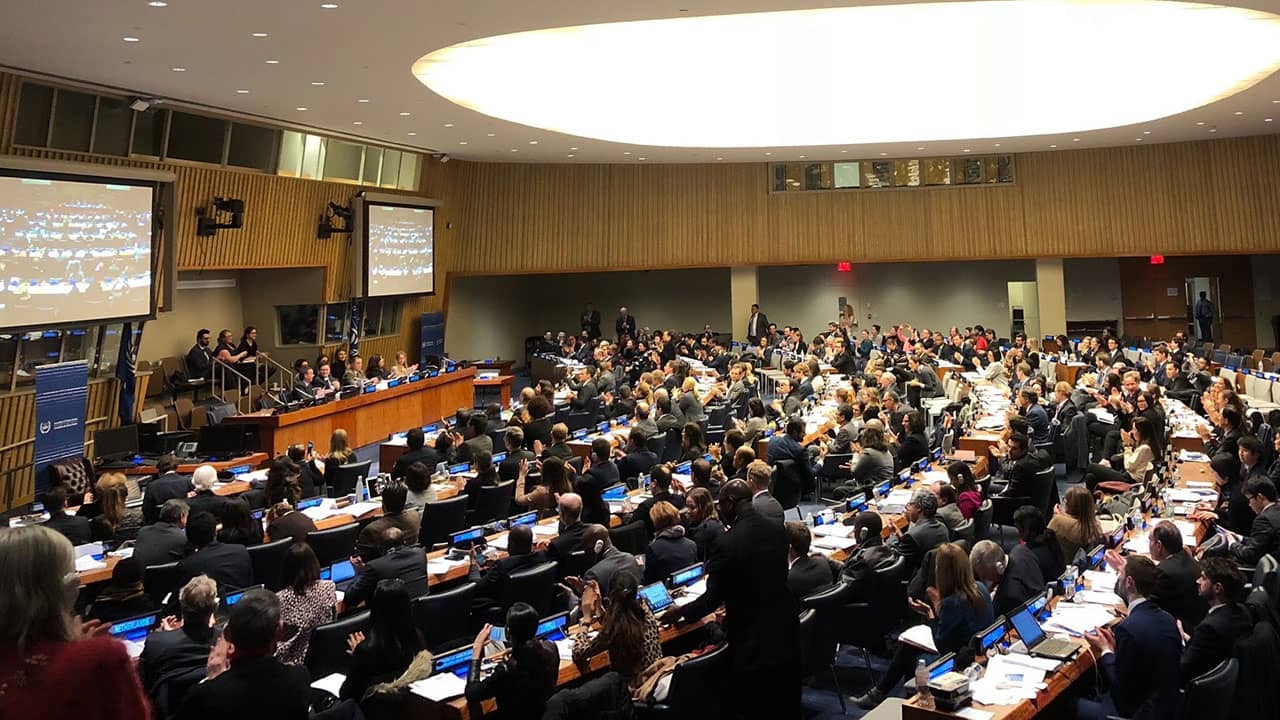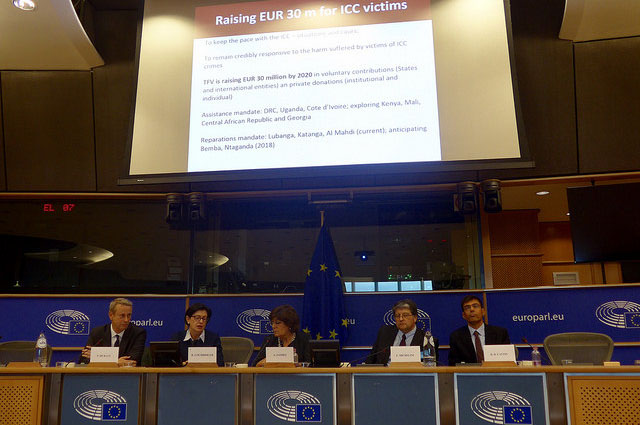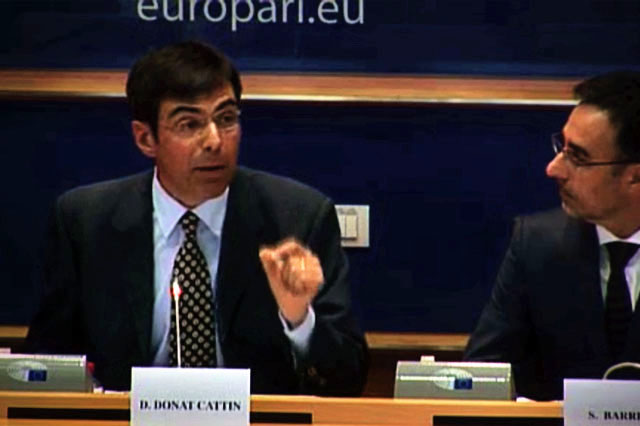Germany signed the Rome Statute on 10 December 1998, and ratified on 11 December 2000, becoming the 25th State Party.

The European Parliament’s Subcommittee on Human Rights held an exchange of views with the International Criminal Court (ICC) Prosecutor, Ms. Fatou Bensouda, marking the 9th (and final) year of her non-renewable mandate.

PGA co-sponsored a high-level ministerial event at the UN to celebrate the 20th anniversary of the Rome Statute, International Justice Day, and the entry into force of the Court’s jurisdiction over the crime of aggression.

PGA urges Myanmar to stop the on-going systematic persecution of Rohingyas and to ratify the Rome Statute and thus demonstrate the country’s commitment to criminal justice and human rights.

71 years after the historic judgement at Nuremberg by the International Military Tribunal, another international jurisdiction may be able to adjudicate on the responsibility of leaders who engage in aggressive wars: The International Criminal Court.

PGA organized a strategic discussion on how the support for the Trust Fund for Victims (TFV) at the ICC can be integrated into a Corporate Social Responsibility (CSR) Strategy of private companies.

On 2 May 2017, PGA’s Secretary General Dr. David Donat-Cattin addressed a panel of the European Parliament Foreign Affairs’ Committee (AFET)...

Member of Parliament Ms. Petra Bayr and Colleagues to the Federal Minister for European and International Affairs concerning the introduction of the Crime of Aggression, the fifth criminal offense before the International Criminal Court.
